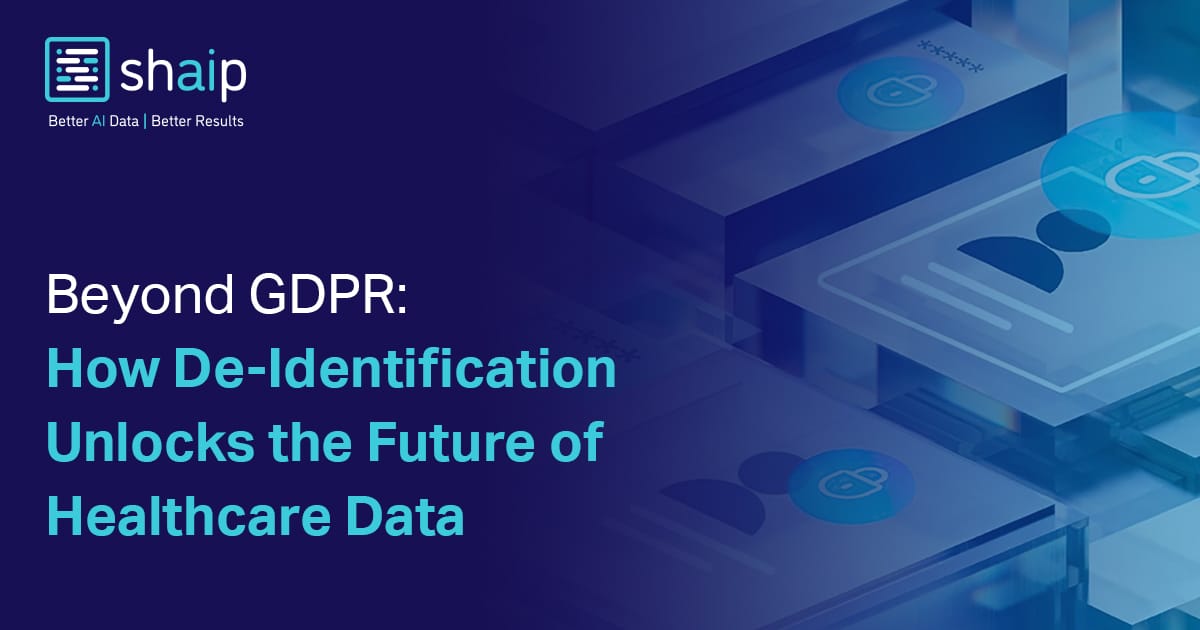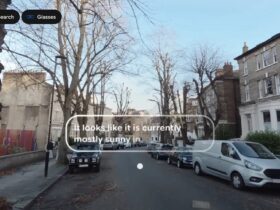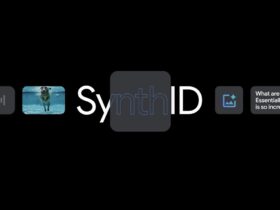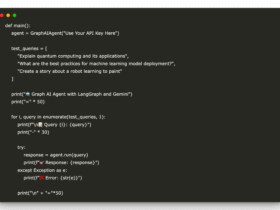The healthcare landscape is undergoing a digital revolution, with data emerging as the lifeblood of medical advancements. Yet, this progress must be balanced with the fundamental right to privacy. The General Data Protection Regulation (GDPR) has ushered in a new era of data protection, particularly for sensitive healthcare information. But GDPR is not about restricting progress; it’s about responsible innovation. This is where de-identification comes in – a powerful tool that allows us to unlock the immense potential of healthcare data while safeguarding patient privacy.
GDPR: A Game-Changer for Healthcare Data Privacy
Remember when sharing your medical history felt like giving away your deepest secrets? The General Data Protection Regulation (GDPR) aims to put those fears to rest. This landmark regulation, implemented in 2018, sets strict rules for how organizations collect, store, and use personal data, including sensitive health information. For healthcare providers, researchers, and tech innovators, understanding GDPR is no longer optional – it’s essential. But what does it really mean for patients and providers?












